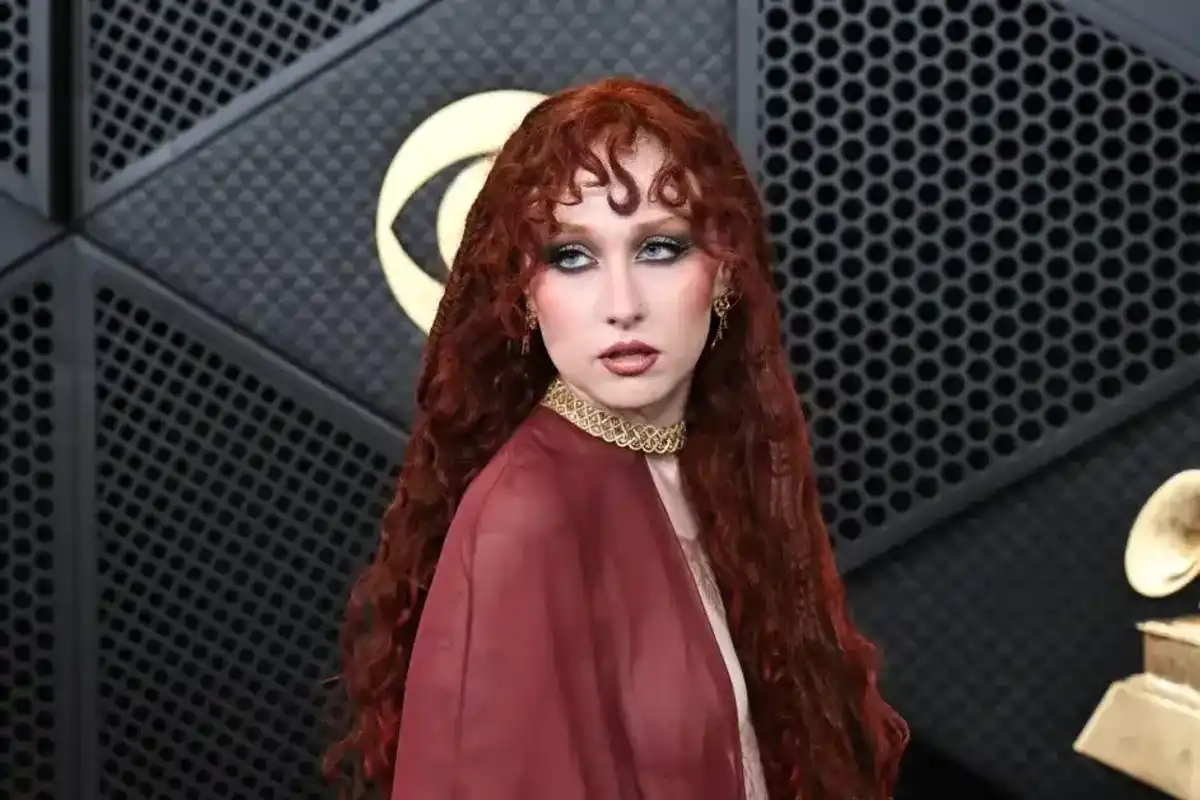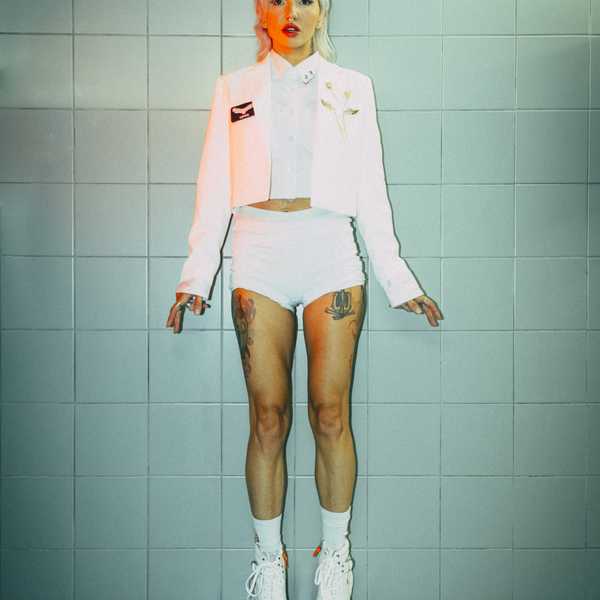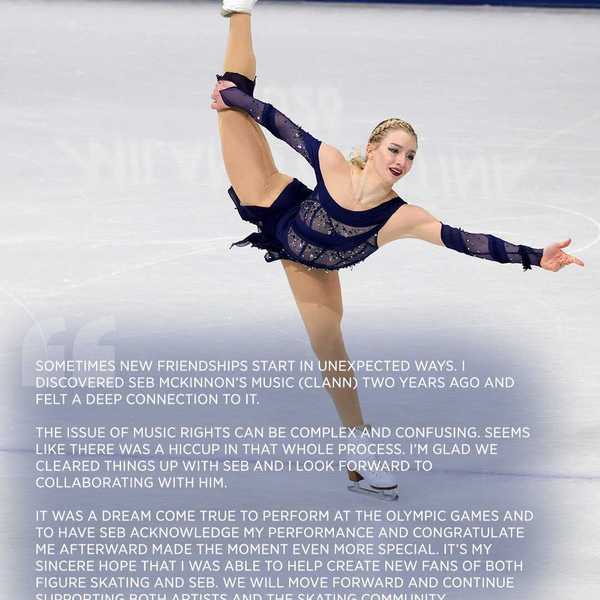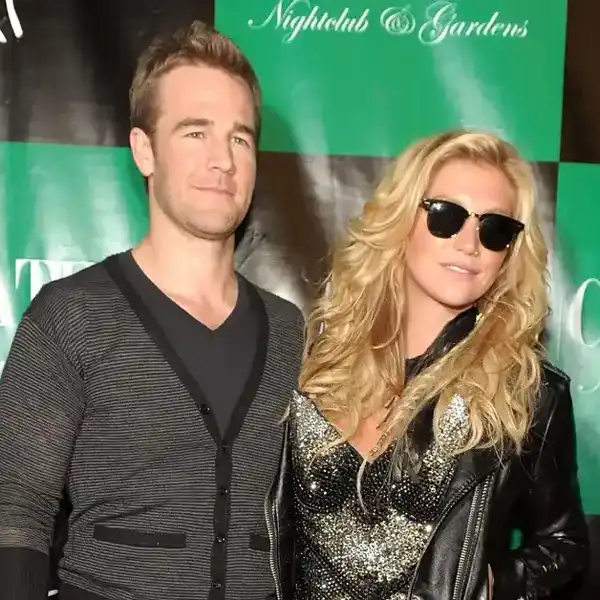A Conversation With Sass Jordan
Long before he garnered a Best Americana Grammy for Keb' Mo's Oklahoma, I got lost in the sound and texture of the recording courtesy of Canada's own ace producer Colin Linden.

By Bill King
Long before he garnered a Best Americana Grammy for Keb' Mo's Oklahoma, I got lost in the sound and texture of the recording courtesy of Canada's own ace producer Colin Linden. Linden is a real student of original sound recording techniques and applies those earth tones to whatever session he's hired for. I was thinking about that listening to Sass Jordan's "call to the blues" – Rebel Moon Blues. Sound is something that sticks to the inside trimmings of the brain. Eric Clapton's 2004 ode to Robert Johnson - Me and Mr. Johnson - strikes a familiar vibe.
The blues means different things to those who find solace in those dark spaces between notes. In that region, a player or singer learns much about themselves. Why the tears, the laughter, the loneliness, the sorrow? The answers don't come easy.
Bill King: Rebel Moon Blues has that early Chess Records sound of Willie Dixon, Buddy Guy, Muddy Waters - in some ways the roots of rock n' roll. Am I close?
Sass Jordan: Yes, we were very much looking to do something as close as we could get to that authentic vibe, and I think we succeeded pretty well, particularly on the track My Babe.
B.K: To find a path back to the blues, I would think you spread plenty of vinyl all-around or dug deep online and immersed yourself in the genre?
S.J: No, not really - the songs I picked just seemed to rise into my awareness, via radio, the producerDerek Sharp, and my band, The Champagne Hookers. I was looking at YouTube stuff as well.
B.K: Your thoughts: "For me, there is something primitively soothing about this music, and it went straight to my nervous system, making me feel ten feet tall." ― Eric Clapton
S.J: I think it's quite succinct.
B.K: Have you ever dug into the Bluesbreakers – Clapton and John Mayall?
S.J: Not really, no - but I will!
B.K: Your thoughts: "She's no lady. Her songs are all unbelievably unhappy or lewd. It's called Blues. She sings about sore feet, sexual relations, baked goods, killing your lover, being broke, men called Daddy, women who dress like men, working, praying for rain. Jail and trains. Whiskey and morphine. She tells stories between verses, and everyone in the place shouts out how true it all is." ― Ann-Marie MacDonald, Fall on Your Knees.
S.J: I think she's a great writer and has described the genre brilliantly!
B.K: What was that inspired moment that suggested a return to your beginnings?
S.J: Well, it's not a return to my beginnings, as I've never truly explored a purer 'blues' approach - but it bridges seamlessly from what I've done in the past, with 'blues rock' and the more country-oriented stuff.
B.K: Many in this collection were songs associated with male singers. How do you find yourself in their lyrics?
S.J: I don't pay that much attention to gender in this context - I think it's about the emotion, which is universal.
B.K: Most born slightly before and during the sixties come to the blues through the Rolling Stones, The Pretty Things, the Beatles, Long John Baldry, Canned Heat, the Electric Flag, and others, then discover the originators. Was it the same for you?
S.J: Well, I listened to The Stones, The Beatles, and Canned Heat - but I listen to hundreds of artists. I would say the most influential in the blues genre for me would have been Taj Mahal, Bonnie Raitt's bluesier stuff, John Lee Hooker, J.J. Cale ... stuff like that.
B.K: When you sing the blues, what is that feeling that comes with bending notes and connecting voice and heart and then letting go?
S.J: I don't know - I sing - I don't think about it or try to intellectualize it. It comes from the heart and the soul and is not something you can articulate through words.
B.K: To get to the final sequence, how many numbers recorded?
S.J: We recorded only the songs you hear on the finished product - we knew exactly what we wanted to do when we went in to record, and that's what we came out with!
B.K: How was the session structured? Live off the floor?
S.J: Yes, live off the floor - everyone present and accounted for.
B.K: Always an admirer of Tom Petty?
S.J: I love Tom Petty; the song The Key is written in the spirit of a bluesy T.P.
B.K: You make mention there are plans for vinyl. Big cover art is part of the beauty of vintage jazz/blues and rhythm and blues. Do you like the feel in your hands?
S.J: Yes - and the vinyl is here, and it's GORGEOUS! Definitely something I would personally buy!!!
B.K: Is there a sound difference for you?
S.J: Sometimes I think I can tell, and sometimes I can't - but I just like the whole idea and world of vinyl - and some purists CAN tell the difference!
B.K: The top blues road band today is fronted by Susan Tedeschi and Derek Trucks. Do you follow?
S.J: Follow? I like them if that's what you're asking!
B.K: Summer is tour season – any plans?
S.J: Yes, constant touring works!
B.K: Rebel Moon Whiskey – Kick Ass Sass Wine. What's up there?
S.J: Kick-Ass Sass is my branded line of wine, from Vineland Estates in the Niagara Region. I had a blast creating it with the master winemaker, Brian Schmidt! Rebel Moon Whisky is the line of blended Canadian Whisky that I am creating with Dixon Distilleries. I am fascinated with the use of alcohol throughout history, in medicinal as well as gourmet types of approaches. It's also a wonderful companion to the celebration, and I'm all about celebration - through music, through food, through dance, and art of all kinds!
B.K: Any discoveries in your ongoing music search you think we are missing out on?
S.J: Well, as I think you may have ascertained, I am the ULTIMATE music fan - and I like almost every genre out there! Right now, I'm obsessed with the Jordan Rakei album, Origin - but I would take up the next four pages of this if I listed everything I'm listening to!

















